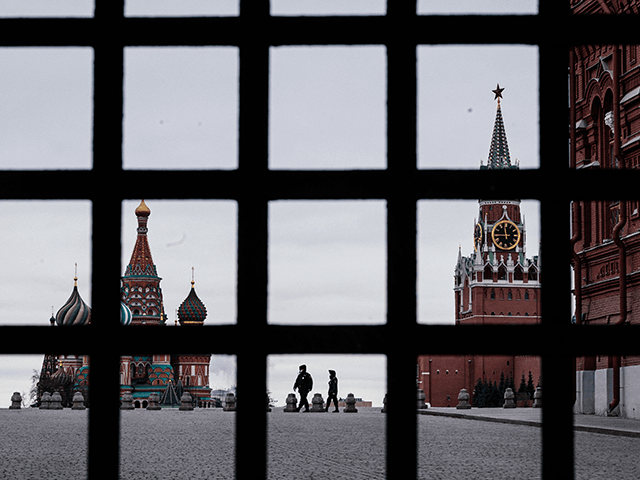The Trans-Baikal Regional Court in Siberia has sentenced a Russian national, convicted of high treason for sending state secrets to a foreign power, to 8 years imprisonment in a “strict regime penal colony,” a Wednesday statement from the court announced.
In a closed-door court session, Vladimir Vasilyev pleaded guilty to passing state secrets to the Chinese special services, state media outlet Tass reported, citing an anonymous source in law enforcement. The court announced the verdict on February 3.
The court then convicted Vasilyev under Article 275 of the Russian criminal code which addresses the “collection and transfer of information constituting a state secret to foreign special services.” The court’s statement noted the sentence had come into force and that Vasilyev had begun serving his time.
Neither the court statement nor the Tass anonymous source gave any indication as to the substance of the information Vasilyev sent abroad.
After he completes the main sentence of eight years in a penal colony, the court has further “restricted his freedom” for an additional year, the judicial body’s statement noted. It is unclear if this means Vasilyev will spend that time in a regular prison or on probation.
Vasilyev’s sentence is conspicuously shorter than that prescribed in the Russian criminal code, which demands a 12-20 year sentence — and optional additional fines — for violations of Article 275, the article under which the court convicted him.
The code does grant the court some leeway in sentencing if someone convicted of high treason voluntarily aids the government in preventing further damage to the state.
Given the classified nature of the case and the closed door court proceedings, it remains unknown if Vasilyev received relief by cooperating with the Russian government in such a manner, though his reported guilty and relatively light sentence suggest he may have done so.
Vasilyev’s case marks the latest such high treason verdict in Russia in the past two months, Tass noted. The country has a marked increase in such cases in the past few years. Moscow courts alone have handled roughly 20 treason and/or espionage cases since 2019.
Russian courts convicted 25 people on comparable charges from 2009-2013, the Moscow Times reported. In 2020, government prosecutors took about 30 new cases to court.
The increase in treason-related cases coincides with a general rise in arrests as Russian authorities crack down on nationwide protests demanding the release of prominent Kremlin critic Alexei Navalny, whom authorities swiftly jailed upon his return to Russia after spending several months in a German hospital recuperating from a poisoning. Navalny blames Russian President Vladimir Putin for the incident.

COMMENTS
Please let us know if you're having issues with commenting.